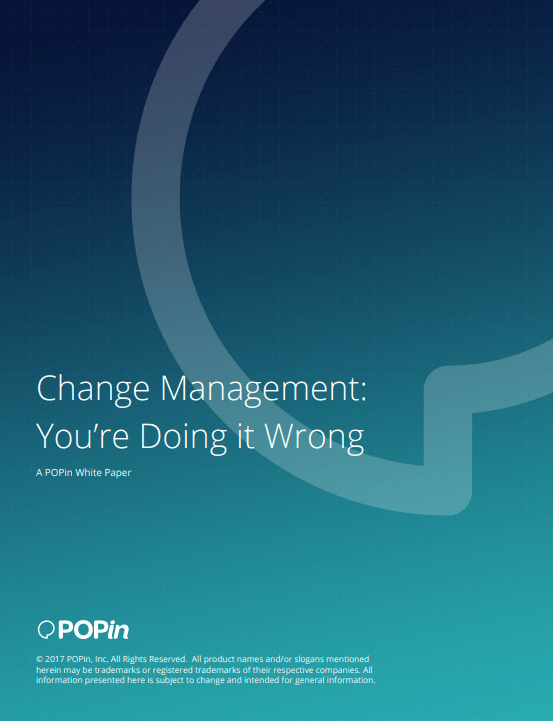
A robust mental health benefit is key to attracting and retaining top talent. The problem is, not all mental health therapies are effective and help people get better. Use this guide to evaluate your existing benefit based on eight crucial factors.
1.Employees have easy access to care
How easy is it for your employees to find mental health care? In a, 33 percent of survey respondents said they had difficulty finding a mental health provider who would accept their insurance. People also face challenges like finding providers who are accepting new patients, have availability, and are located close enough to their home or work or offer virtual visits. Barriers to care can be discouraging, leading some people to abandon their search. A quality mental health benefit should provide people with quick and easy access to a provider so they can get started on their care journey.
2.Employees get the right care for their needs
To help meet the needs of all employees, it’s important a mental health benefit provides a spectrum of offerings. This includes the ability to support everyone, including employees with mild stress, employees with specialty care needs (e.g., treatment for trauma or OCD), and those experiencing something more serious, such as substance abuse or suicidal ideation. The proportion of individuals with more complex needs may be increasing. Lyra’s found that nearly a third (31percent) of workers surveyed said their mental health has declined—up from 24 percent at the end of 2020. While some people may benefit from self-guided exercises or coaching to help them through stressful times, others may have complex mental illnesses that require more comprehensive care.
Know More



